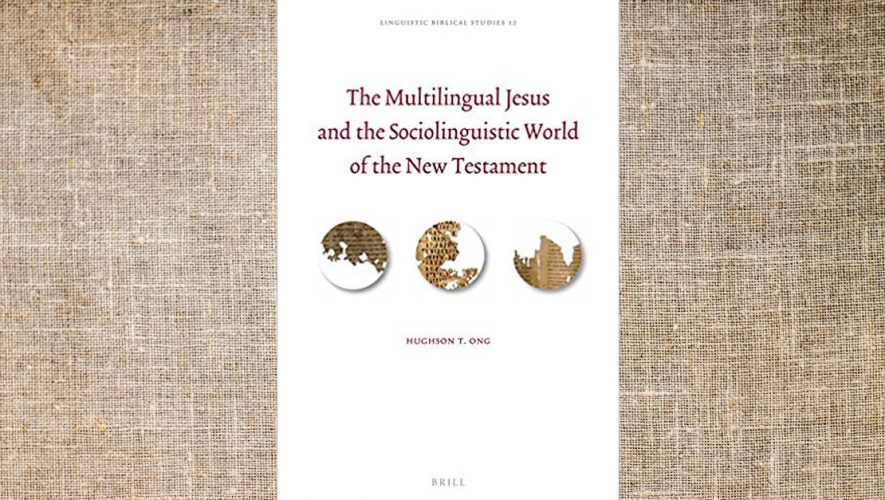Was Jesus multilingual? Which languages did he speak? What does the linguistic composition and sociolinguistic situation of first-century Palestine look like? On what occasions were Hebrew, Aramaic, Greek, and Latin spoken in that ancient community? These questions have biblical scholars searching for answers since the sixteenth century, proposing different opinions on the issues related to these questions. Answers to these questions significantly influence our understanding of the various sociolinguistic elements and facets of early Christianity, the early church, and the text of the New Testament. But those answers depend upon our depiction of the multifarious sociolinguistic dynamics that compose the speech community of ancient Palestine, which include its historical linguistic shifts under different military regimes, its geographical linguistic landscape, the social functions of the languages in its linguistic repertoire, and the specific types of social contexts where those languages were used. Using a sociolinguistic model, this study attempts to paint a portrait of the sociolinguistic situation of ancient Palestine, consequently providing answers to these questions.
 Dr. Hughson Ong is a Professor of New Testament Mission, Sociolinguistic & Linguistic Interpretation Specialist in the Department of Biblical Studies in the School of Theological Studies at Missional University. His academic credentials include a B.S. in Industrial Engineering, De La Salle Univeristy (Philippines); M.A. in Biblical Studies, Trinity Theological Seminary (Newburg, IN / Philippines); M.T.S. in Biblical Studies, Taylor Seminary (Canada); and a PhD in Christian Theology with a specialization in New Testament, McMaster Divinity College (Canada).
Dr. Hughson Ong is a Professor of New Testament Mission, Sociolinguistic & Linguistic Interpretation Specialist in the Department of Biblical Studies in the School of Theological Studies at Missional University. His academic credentials include a B.S. in Industrial Engineering, De La Salle Univeristy (Philippines); M.A. in Biblical Studies, Trinity Theological Seminary (Newburg, IN / Philippines); M.T.S. in Biblical Studies, Taylor Seminary (Canada); and a PhD in Christian Theology with a specialization in New Testament, McMaster Divinity College (Canada).


